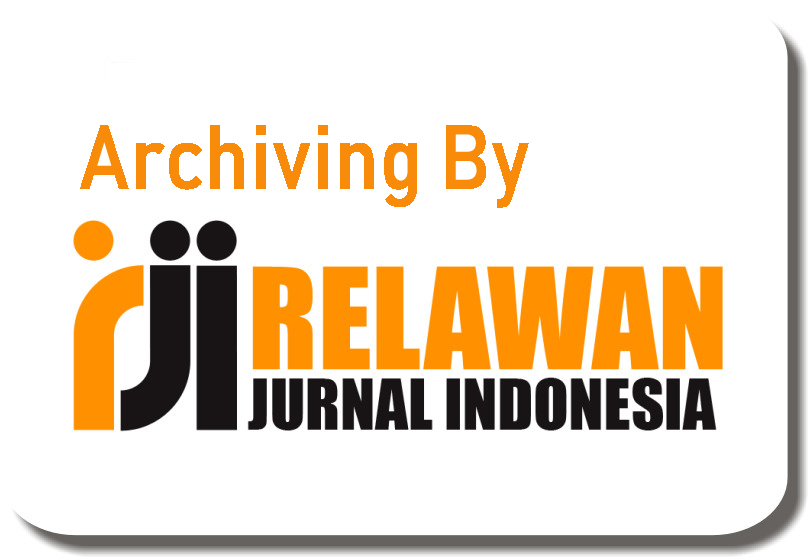Evaluation of Field Work Practices (FWP) in the Independent Curriculum: Multi-Site Study in Vocational Schools
Abstract
This study aims to evaluate the implementation of Field Work Practice (FWP) in the Independent Curriculum in two Vocational High Schools (SMK), namely SMKN 1 Driyorejo and SMKN 1 Duduksampeyan. As part of vocational education, street vendors play a strategic role in preparing vocational school graduates to have technical competence and work ethic according to the needs of the business and industry (BI). This study uses the CIPP (Context, Input, Process, Product) evaluation model with a descriptive qualitative approach. Data was collected through 18 in-depth interviews, 4 direct observations, and analysis of supporting documents, involving principals, vice principals, supervisors, students, parents, and industry partners. The results of the study show that in general, the implementation of street vendors has met the set standards and has a positive impact on students' work readiness. However, several aspects of input and processes were found that still needed to be improved, especially in the synchronization of the curriculum and the debriefing of participants before the implementation of street vendors. These findings indicate that the street vendor program in the Independent Curriculum has great potential to create adaptive, productive, and competent graduates, noting the importance of continuous improvement in planning and partnership with BI.
Keywords
Full Text:
PDFReferences
Balance, H., Results, T., Sila, S., Sepak, P., Pada, T., & Penjaskesrek, M. (2023). Journal of Education. 11(1), 1–8.
Ismail, R. (2022). Participation of the Industrial World in Improving the Quality of Vocational High School Graduates in Gorontalo City. Journal of Educational Informatics and Technology, 2(1), 23–27. Https://Doi.Org/10.25008/Jitp.V2i1.22
Jailani, M. S. (2023). Data collection techniques and educational scientific research instruments on qualitative and quantitative approaches. Ihsan: Journal of Islamic Education, 1(2), 1–9.
Khabibah, E. N., Refaliana, A. E., Customer, L., & Gopay, P. (2025). The Effect of Trust and Discounts on Gopay Application Customer Loyalty in Surabaya. Sec. 2.
Mardiyah, S. U. K., Kumoro, J., Kusuma, C. S. D., & Rusdiyanto, W. (2019). Analysis of the Competency of Students of the Secretary Study Program in Field Work Practice. Efficiency - Administrative Science Review, 15(2), 9–14. Https://Doi.Org/10.21831/Efisiensi.V15i2.24489
Nastiar, M. F. (2025). Testing the validity of qualitative research data. January.
Program, M., Management, S., Islam, P., Islam, U., Mataram, N., Program, D., Management, S., Islam, P., Islam, U., & Mataram, N. (2025). Indonesia's National Education System and Malaysian Education.
Syakur, I., Madjid, A., & Shodiq, S. F. (2025). Analysis Of Cipp Evaluation Model On Religious Programs In Schools : Systematic Literature Review. 12(3), 605–620.
Syihabudin, A. (2019). Journal of Parahita Abdimas Journal of Community Service Empowerment of Madrasah Tsanawiyah Teachers through Assistance in Writing Articles and Scientific Publications. 1(1), 40–51.
DOI: https://doi.org/10.31004/jele.v10i3.918
Refbacks
- There are currently no refbacks.
Copyright (c) 2025 Rafli Chrisnanto, Mohammad Syahidul Haq, Kaniati Amalia, Amrozi Khamidi, Mochammad Nursalim

This work is licensed under a Creative Commons Attribution-ShareAlike 4.0 International License.



